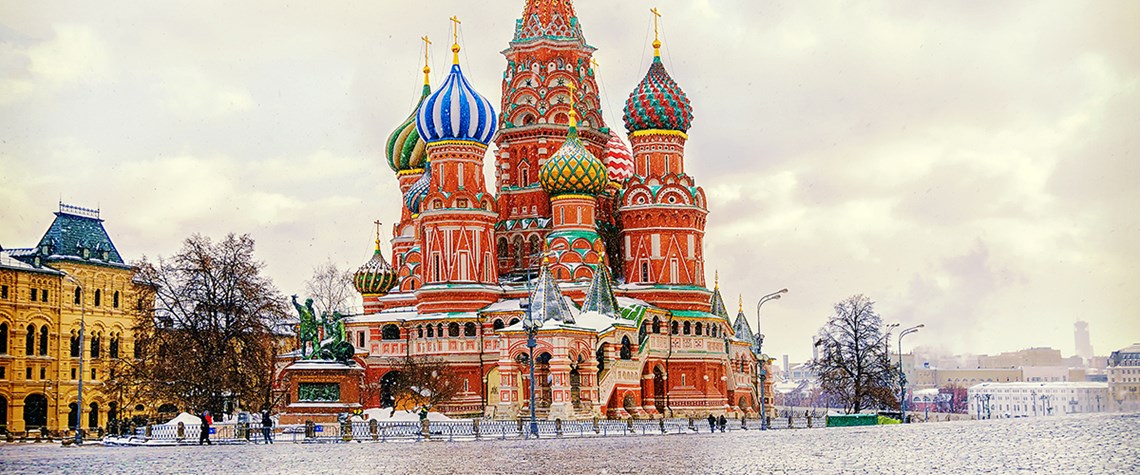23 January 2018
Opec's new partner
Russian producers grudgingly adhered to the cuts and a stronger oil price helped perk up the economy
Russia made some unusual strides in its energy strategy in 2017. After agreeing to the supply pact with Opec at the end of 2016, it came good—surprising some—on its pledge to cut 300,000 barrels a day of output. Then, as the year moved on, its relationship with Saudi Arabia deepened further, becoming a broad investment and geopolitical alliance. The unorthodoxy wasn't to everyone's taste: many of Russia's own energy majors bristled at the Opec cuts, which forced them to shelve a number of greenfield projects in Siberia. By October, after the Saudi king's visit to Moscow and deals between the countries worth $3bn were agreed, it seemed the producers would have to get used to the new state of

Also in this section
26 February 2026
OPEC, upstream investors and refiners all face strategic shifts now the Asian behemoth is no longer the main engine of global oil demand growth
25 February 2026
Tech giants rather than oil majors could soon upend hydrocarbon markets, starting with North America
25 February 2026
Capex is concentrated in gas processing and LNG in the US, while in Canada the reverse is true
25 February 2026
The surge in demand for fuel and petrochemical products in Asia has led to significant expansion in refining and petrochemicals capacities, with India and China leading the way







